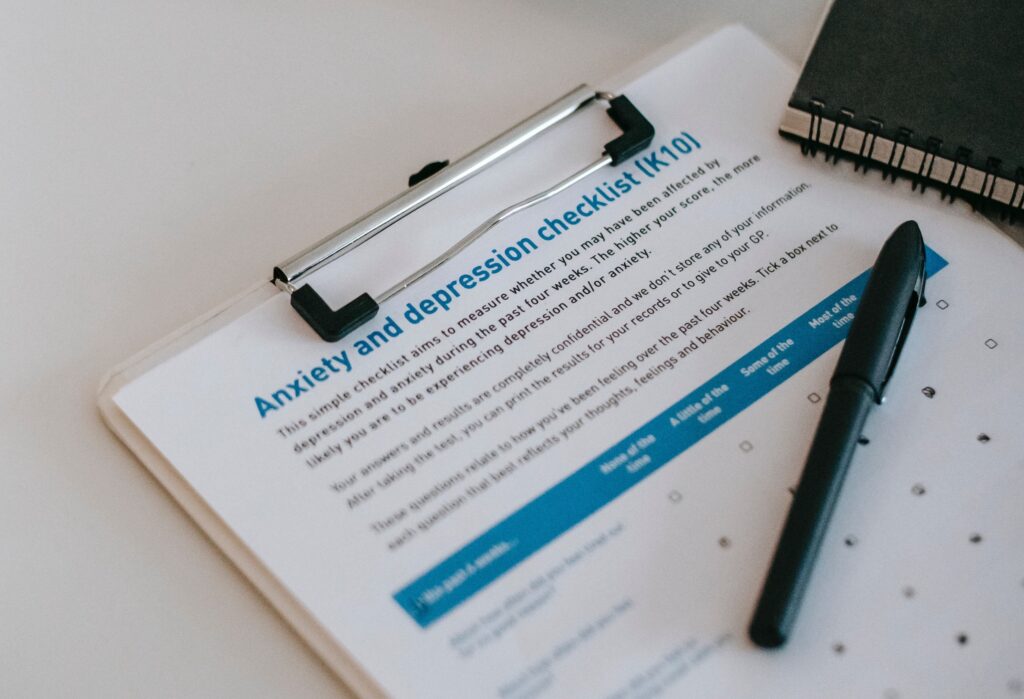Compassion focused therapy is a CBT-like approach to therapy that helps clients build more self-compassion. Is it all just warm and fluffy though? The approach actually integrates scientific knowledge of compassion, attachment, behaviorism, physiology, cognitive psychology, mindfulness, and other approaches.
Compassion-focused therapy jumps into concrete and motivated approaches to suffering. It famously emphasizes that “It’s not your fault, but it is your responsibility”. That is, suffering is valid and difficult. And all of us are responsible for how we respond to our environment and our lives.
Evolution is also a strong emphasis. But how could that help my client?? Humans have evolved in advanced ways compared to other animals. But that evolution has also made self-compassion and compassion-for-others difficult. Our tendency to mobilize for threat to protect ourselves can interfere with compassion (e.g., the urge to avoid social situations in social anxiety; the pull to interpret nonthreatening situations as threatening following trauma).
Those threat-based thoughts, behaviors, and emotions are understandable! So how do we respond to them?? The key of therapy is to actively engage in self-compassion and compassion for others with courage and motivation. Compassion itself “downregulates” or relieve many aspects of threat responses and how they affect our lives.
Pros: Heavy research-based traditions form the basis of compassion-focused therapy. Early trials also shown it is effective, especially for those with high levels of shame and self-critical thoughts. This approach could be a quick-study for those who already have training in CBT, mindfulness-based therapies, and/or behavioral therapies.
Limits: More research is needed to fully understand this approach. It is very similar to CBT (and is sometimes referred to as “compassion-focused CBT”). Some may argue that exposure, cognitive, restructuring, mindfulness skills, and utilizing therapeutic technique are redundant here because they are part of treatments already used effectively.
Curious? There is a good full training out there on compassion-focused therapy. There is also a training that gives a good brief overview of the approach if you are curious but not ready to jump into a full training. Either way, be kind to yourself!














